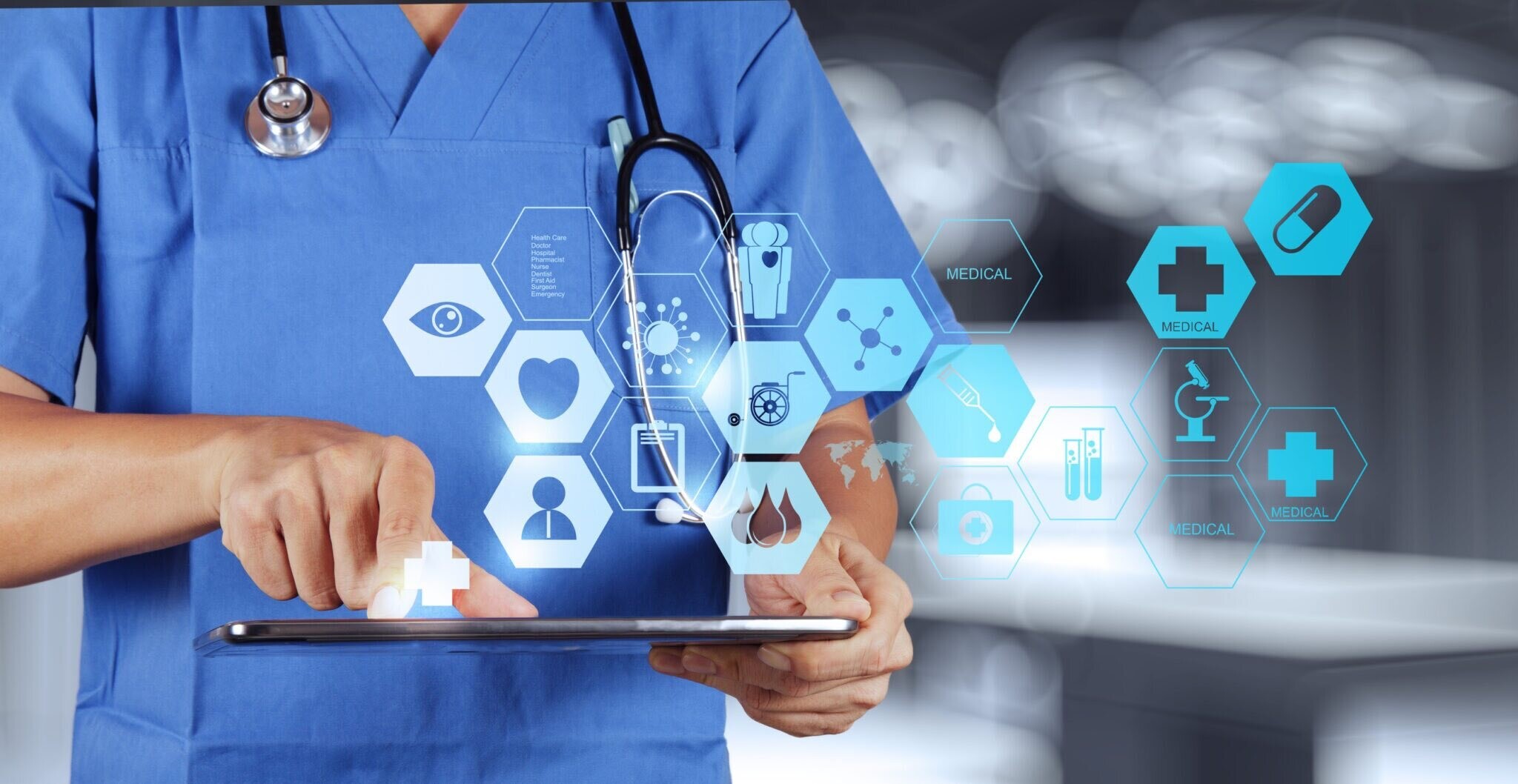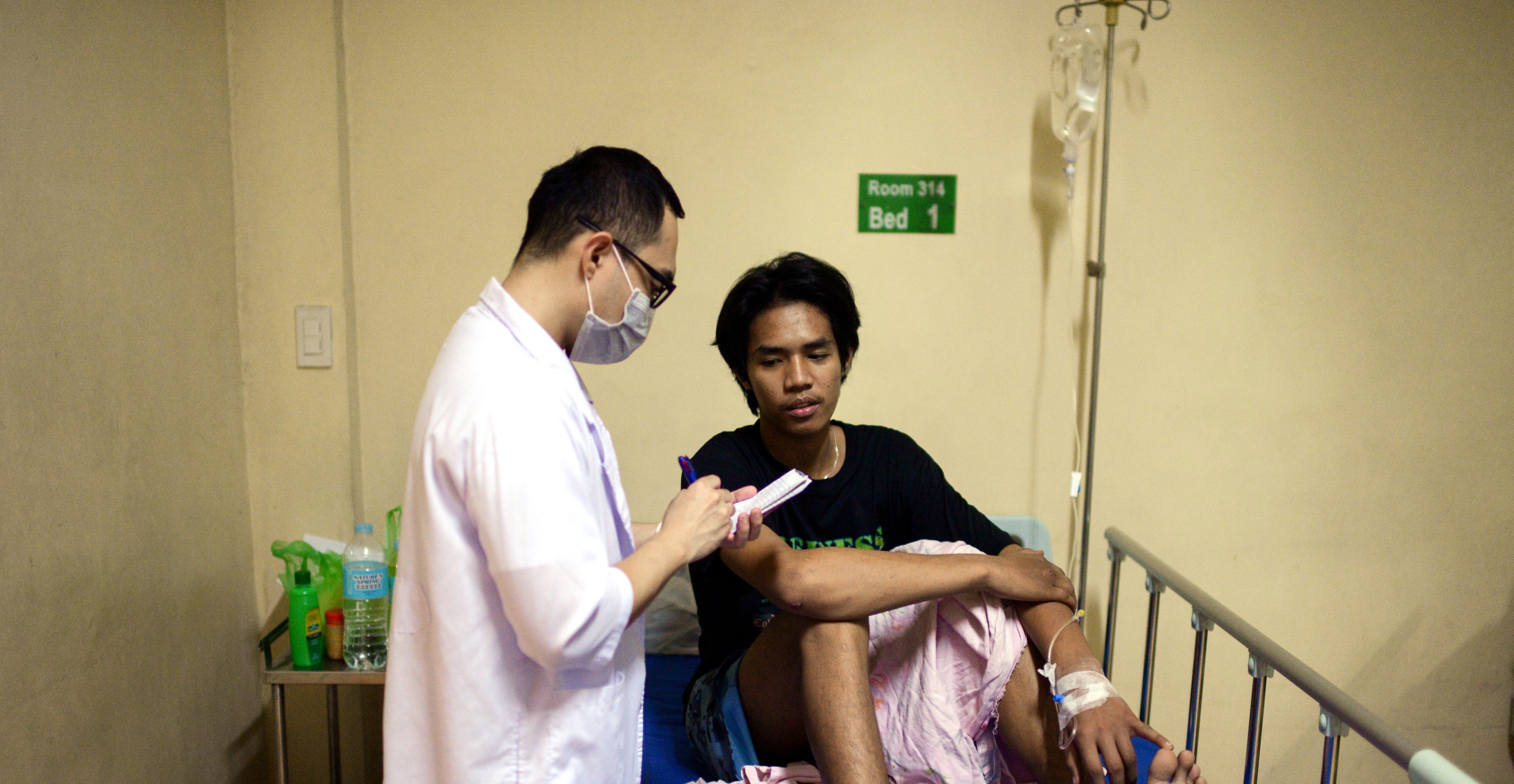This smartphone app could help track the progression of Parkinson's

A new app allows patients to record data that doctors would otherwise not be able to monitor. Image: REUTERS/Mike Segar
Smartphone software and technology can accurately track the severity of the symptoms of Parkinson’s disease, a new study shows.
The findings could give researchers and clinicians a new tool to both develop new drugs and better treat the disease.
“This study demonstrates that we can create both an objective measure of the progression of Parkinson’s and one that provides a richer picture of the daily lived experience of the disease,” says Ray Dorsey, a University of Rochester Medical Center (URMC) neurologist and coauthor of the paper.
One of the difficulties in managing Parkinson’s is that symptoms of the disease can fluctuate widely on a daily basis. That makes the process of tracking the progression of the disease and adjusting treatment a challenge for physicians who may only get a snapshot of a patient’s condition once every several months when they visit the clinic. This variation also limits the insight that researchers can gather on the effectiveness of experimental treatments.
The new study harnesses the capabilities of technology that already resides in most of our pockets all day, every day.
Researchers recruited 129 individuals who remotely completed a series of tasks on a smartphone application. The Android app called HopkinsPD, which was originally developed by Max Little, an associate professor of mathematics at Aston University in the UK, consists of a series of tasks which measure voice fluctuations, the speed of finger tapping, walking speed, and balance.
The Android app is a predecessor to the mPower iPhone app developed by Little, Dorsey, and Sage Bionetworks. It’s been download more than 15,000 times from Apple’s App Store since its introduction in 2015.
As a part of the study, the researchers also conducted in-person visits with 50 patients with Parkinson’s disease and controls in the clinic. Participants completed the tasks on the app and were also seen by a neurologist and scored using a standard clinical evaluation tool for the disease. Measurements the app collected corresponded with what the physicians observed in the clinic.
The smartphone data collected from the larger group of participants was then analyzed using a machine-learning algorithm which the researchers used to generate a mobile Parkinson disease score (mPDS) that uses a scale of 1-100—with a higher number indicating a greater severity of symptoms.
While the near term uses of the technology will likely be in clinical trials, which would allow researchers to observe in real time the impact of new treatments, it could ultimately provide physicians and patients with a new tool to monitor the disease.
“The ability to remotely monitor patients on a much more frequent basis, more accurately track the symptoms and progression of the disease, and monitor the impact of exercise, sleep, and medications and their side effects holds the potential to transform how we treat Parkinson’s disease,” says neurologist Christopher Tarolli, a coauthor of the study.
Additional coauthors are from the University of Rochester and Johns Hopkins University. The Michael J. Fox Foundation and the National Institute of Neurological Disorders and Stroke funded the work.
Don't miss any update on this topic
Create a free account and access your personalized content collection with our latest publications and analyses.
License and Republishing
World Economic Forum articles may be republished in accordance with the Creative Commons Attribution-NonCommercial-NoDerivatives 4.0 International Public License, and in accordance with our Terms of Use.
The views expressed in this article are those of the author alone and not the World Economic Forum.
Stay up to date:
Digital Communications
Forum Stories newsletter
Bringing you weekly curated insights and analysis on the global issues that matter.






